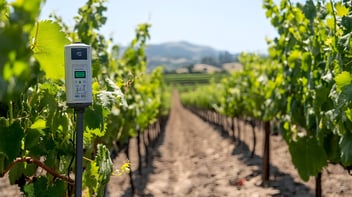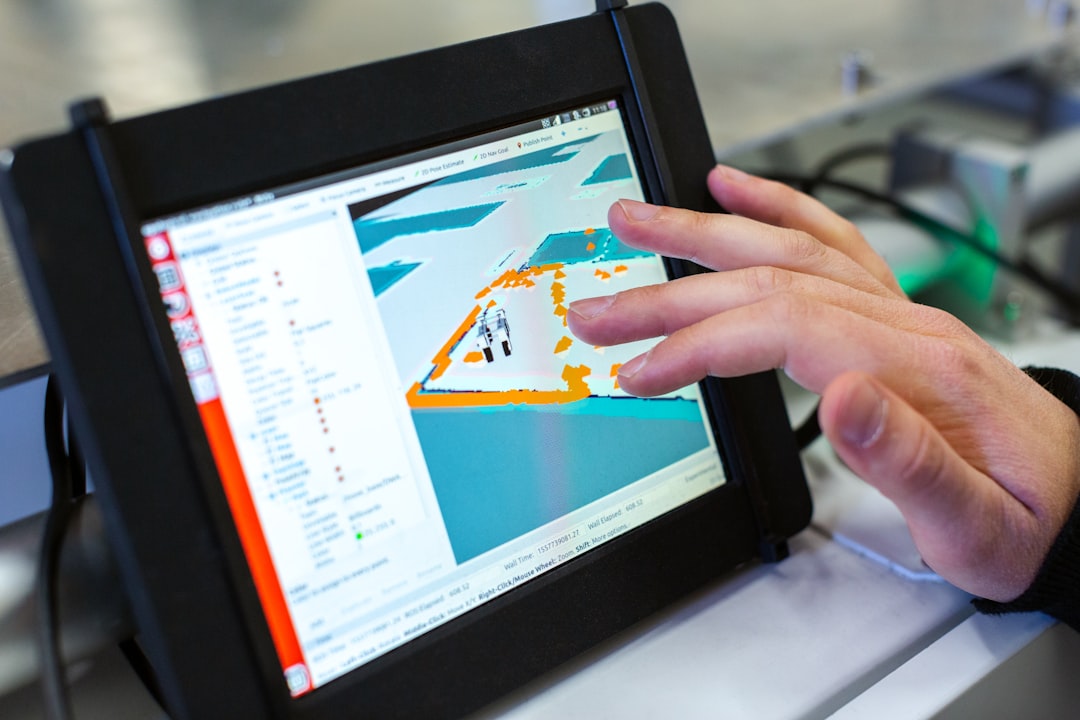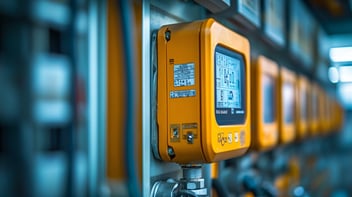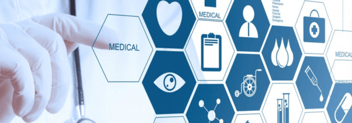

Precision Farming - IoT Applications in Agriculture
Precision farming, also known as precision agriculture, is a modern farming approach that utilizes advanced technologies to optimize agricultural operations.
It involves the use of IoT devices, sensors, and data analytics to monitor and manage crops and livestock, enhancing productivity and sustainability.
Precision farming can be categorized into two distinct phases:
- One involves farmers gathering data to make well-informed decisions,
- While the other focuses on translating this data into actionable steps to reach their objectives.
Defining Precision Farming and Its Significance
Precision farming is characterized by the precise application of inputs such as water, fertilizers, and pesticides based on the specific needs of each crop or field.
This approach not only maximizes crop yields but also minimizes waste, making farming more efficient and environmentally friendly.
The Internet of Things (IoT) has emerged as a key enabler of precision farming.IoT devices collect and analyze data from the field, providing farmers with real-time insights that inform decision-making and facilitate proactive management of agricultural operations.

Source: <The future of food and agriculture: Trends and challenges>
IoT-Enabled Farm Management Systems
IoT technologies play a crucial role in modern farm management systems. They enable real-time monitoring of soil and crop conditions, automated irrigation, and efficient resource management.
Real-Time Soil and Crop Monitoring
Sensors embedded in the soil or attached to drones collect data on soil moisture, nutrient levels, and crop health.
This real-time information allows farmers to detect issues early and take corrective action, improving crop yields and quality.
Automated Irrigation and Resource Management
IoT devices also enable automated irrigation systems that deliver water precisely where and when it's needed.
This not only conserves water but also ensures optimal growth conditions for crops, contributing to the overall efficiency and sustainability of farming operations.
Advanced IoT Applications in Precision Farming
Beyond basic monitoring and automation, IoT technologies offer advanced applications in precision farming.
These include using drones and satellite imagery for enhanced analysis and machine learning for predictive agriculture.
Drones and Satellite Imagery for Enhanced Analysis
Drones equipped with cameras and sensors can capture detailed images of fields, providing insights into crop health and growth patterns.
Similarly, satellite imagery can offer a broader view of agricultural lands, helping farmers manage large-scale operations more effectively.
 Machine Learning for Predictive Agriculture
Machine Learning for Predictive Agriculture
Machine learning algorithms can analyze the vast amounts of data collected by IoT devices to predict future crop yields, identify potential pest infestations, and optimize irrigation schedules.
This predictive capability allows farmers to make proactive decisions, further enhancing the efficiency and productivity of their operations.
Economic and Environmental Impacts of Precision Farming
The economic and environmental impacts of precision farming are profound. Precision farming can significantly enhance agricultural operations' profitability by optimizing resource use and improving crop yields. At the same time, it promotes sustainable practices that benefit the environment.
Boosting Crop Yields and Reducing Waste
Precision farming techniques, enabled by IoT, can significantly boost crop yields.
By providing real-time data on soil conditions, weather patterns, and crop health, these technologies allow farmers to make informed decisions that maximize productivity and reduce waste.
Sustainable Practices and Environmental Benefits
Precision farming also promotes sustainable practices.
By optimizing the use of water, fertilizers, and pesticides, it minimizes the environmental impact of farming. This contributes to the preservation of natural resources and the mitigation of climate change.
Implementing Precision Farming: Challenges and Considerations
While the benefits of precision farming are clear, implementing these technologies is not without challenges.
Farmers must overcome hurdles related to connectivity, infrastructure, and data security.
Moreover, they must ensure that these technologies are integrated seamlessly into their existing operations.
Overcoming Connectivity and Infrastructure Hurdles
One of the primary hurdles faced in implementing precision farming is the absence of dependable connectivity in rural areas.
For farmers to fully harness the potential of IoT technologies, they require robust network infrastructure. However, this is often lacking in remote agricultural regions, making it challenging to deploy IoT devices and gather real-time data.
Given that farming inherently occurs in rural or remote areas, network coverage plays a pivotal role in precision farming. Typically, rural areas have limited or unreliable access to cellular connectivity and are slower to adopt advancements like 5G. In many instances, Wi-Fi is not a viable option as it struggles to effectively cover even a small farm's area or support large data transfers necessary for real-time monitoring or automation. And 2G and 3G sunset of networks are making farmers consider using more advanced network technologies. Including 5G and LPWAN.
Read our blog regarding how to navigate the 2G/3G sunset in agriculture to learn more.
Ensuring Data Security and Privacy
Data security and privacy are also major concerns in precision farming.
Farmers must ensure that the data collected by IoT devices is secure and that privacy is maintained. This requires robust cybersecurity measures and clear policies on data ownership and usage.
Velos IoT Offers Cellular IoT Connectivity for Agriculture Applications
We provide Cellular IoT connectivity for various precision farming applications. One example is central pivot irrigation, which enables global farms to enhance productivity and conserve water through remote monitoring. Additionally, we support essential drone technology in agriculture, offering advanced connectivity options that enable real-time crop monitoring and threat detection, further optimizing farming operations worldwide.
Get in touch with the team today to see how Velos IoT can help you transform your precision farming’s efficiency and future-proof your business. Learn more about our connectivity solution for agriculture here.
Check out our IoT Connectivity Guide here: IoT Connectivity
Speak to a Velos IoT expert
Related articles



IoT connectivity solutions revolutionise Healthcare in Rwanda
Healthcare in Rwanda is being revolutionized with the aid of IoT solutions. As a result, IoT...


